Crimean Tatars in Ukraine under Kyiv’s spotlight
Crimean Tatars in Ukraine under Kyiv’s spotlight
By Yiğit Saner
The leaked document reveals how Kyiv infiltrated the Crimean Tatar community and monitored Türkiye-linked organizations. The SBU labels even anti-Russian Tatars as separatist suspects, establishes bogus structures, and recruits agents. The documents also expose critical information concerning nuclear security and European diplomatic missions.
The first of the four secret Ukrainian documents obtained by Aydınlık was published on Friday, exposing how the Security Service of Ukraine (SBU) created “intelligence positions” within the diaspora in Istanbul, Ankara, and Izmir, conducting counterintelligence activities.
All documents were prepared by the SBU’s Mykolaiv (Nikolayev) Regional Directorate. They detail the awarding of officers excelling in intelligence operations, their educational backgrounds, qualifications, and reasons for being honored.
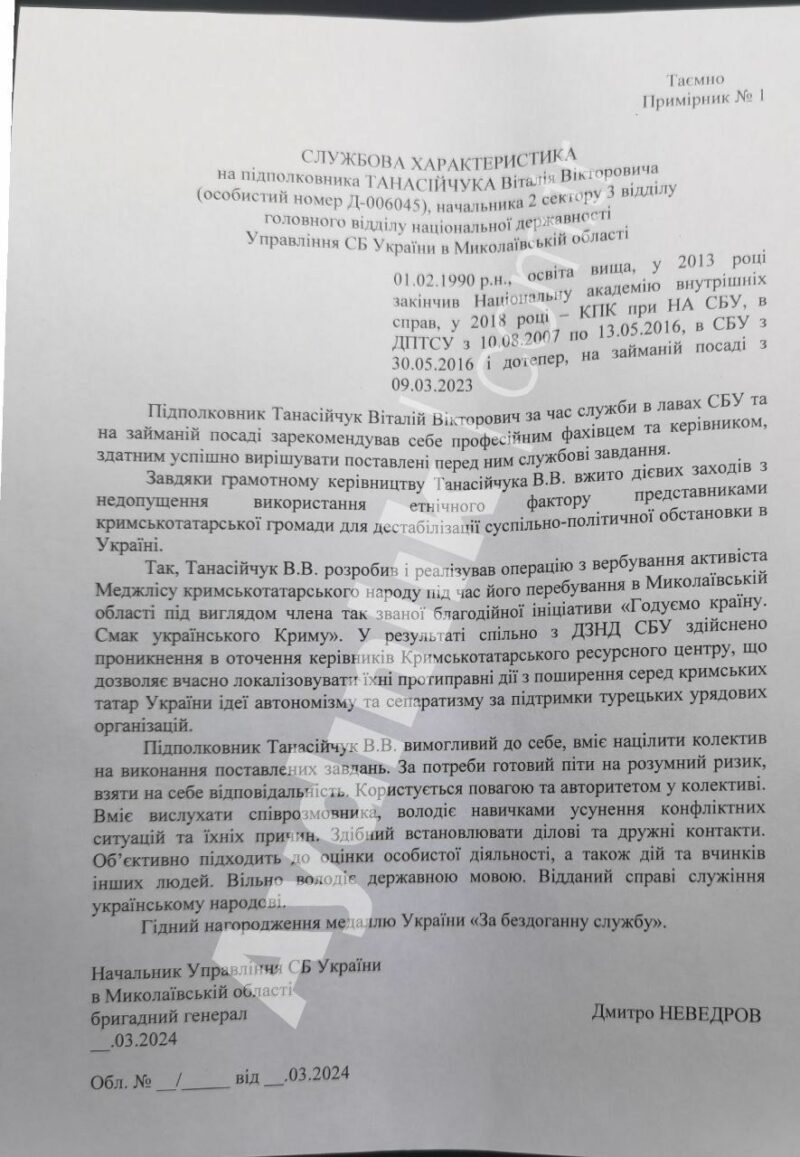
Document 2: Crimean Tatars in Ukraine under Kyiv’s spotlight
The second of the four leaked Ukrainian documents sheds light on the intelligence operations targeting the Crimean Tatar community and their links to Türkiye.
According to the March 2024 dated document, Lieutenant Colonel Vitaly Viktorovych Tanasychuk serves in the National State Security Main Department under the SBU’s Mykolaiv (Nikolayev) Regional Directorate. The official correspondence states that under Tanasychuk’s leadership, measures were taken to counter alleged “attempts to destabilize Ukraine’s social and political order” through ethnic factors within the Crimean Tatar community.
Officer profile
Born in 1990, Tanasychuk graduated from the Ukrainian National Police Academy in 2013 and from the SBU-affiliated Crisis and Security College in 2018. He was appointed to his current position in 2016.
A letter signed by Major General Dmytro Nevedrov, head of the SBU’s Mykolaiv Region, highlights Tanasychuk’s qualifications, describing him as “a capable professional and leader, committed to self-improvement, willing to take risks, with high team management skills.” The document emphasizes his reputation within the team, ability to resolve conflicts, and loyalty to the Ukrainian people.
Bogus structure
The most striking detail in the documents involves the recruitment of an “activist” from the Crimean Tatar Mejlis (Medjlis) to a so-called charity initiative called “We Feed the Country. The Taste of Ukrainian Crimea” based in Mykolaiv. The term “activist” likely refers to a community leader or prominent civilian figure.
Regardless, the recruitment of this person under the guise of a bogus “charitable” platform strongly suggests both social and political dimensions to the operation.
Despite their pro-western rhetoric
The document states that during his tenure, Tanasychuk infiltrated circles around the Crimean Tatar Resource Center (CTRC) with the SBU’s DEND unit. CTRC’s public statements frequently describe Crimea’s integration into the Russian Federation as an “occupation” and repeatedly employ Western rhetoric emphasizing “human rights, freedom, and political prisoners.” While these declarations align in theory with Ukraine’s official stance, the Kyiv administration seems uneasy about CTRC expanding its influence with foreign backing.
Turkish institutions accused of ‘separatism’
The document reveals another critical detail: allegations that “autonomy and separatist ideas” are spreading among Ukraine’s Crimean Tatar community, allegedly “supported by Turkish government organizations.” The infiltration of Crimean Tatar circles by Lieutenant Colonel Tanasychuk is credited with exposing these so-called “illegal activities” in time.
The term “Turkish government organizations” likely refers to civil society groups and associations maintaining ties with Crimean Tatar communities. These organizations are known to receive both material and moral support from Türkiye and work to preserve the Tatars’ cultural links with Türkiye and the broader Turkic world. Even Crimean Tatars engaged in anti-Russian propaganda face domestic political controversy in Ukraine due to their identity preservation efforts.
Award proposal
The correspondence shows that Brigadier General Nevedrov recommended Lieutenant Colonel Tanasychuk be awarded the “For Impeccable Service” (Za bezdogannu službu) medal for his role in these operations.
A field of risk
The leaked document reveals that the Kyiv administration perceives these support mechanisms for the Crimean Tatars as a potential risk. Türkiye-originated civil society activities are openly considered by Ukraine to provide fertile ground for “separatist ideas.”
All of this unfolds despite Turkish President Recep Tayyip Erdoğan’s repeated declarations recognizing Crimea as an inseparable part of Ukraine.
The Same Playbook: Infiltration, Blacklists, and Turkish Connections
Secret documents leaked to Aydınlık on May 13, 2023, revealed a remarkably similar scenario to today’s revelations. Six classified reports showed that Kyiv was not only targeting pro-Russian factions but also the Western-backed Crimean Tatar Mejlis (Medjlis).
Medjlis is widely recognized as the political representative body of the Crimean Tatars. Its former leader Mustafa Dzhemilev (Kırımoğlu) remains a symbolic figure for pro-Western Crimean Tatars and is frequently hosted by the Turkish government and civil society groups. Another key figure, Refat Chubarov, is an influential political actor in the Ukrainian parliament.
The leaked SBU documents blacklisted Medjlis and the World Congress of Crimean Tatars under charges of “separatism” and “threats to Ukraine’s territorial integrity.” The reports explicitly called for infiltrating the Medjlis, recruiting young activists, undermining opposition leaders, and fomenting division within the diaspora.
Documents concerning the Kherson region revealed concerns that the Crimean Tatars could form an ethnically based autonomous administrative structure. In Kyiv’s internal communications, suspicions of autonomy, religious activities, and Türkiye’s connections are openly defined as “security risks.”
TO BE CONTINUED TOMORROW…
The next two documents, to be published over the coming days, will again spotlight the Mykolaiv region. Known as Nikolayev during the Soviet era, Mykolaiv holds vital importance for Kyiv, not only as Ukraine’s second-largest Black Sea port after Odesa but also due to its European diplomatic missions and strategic nuclear infrastructure. These same factors have made the area a hotspot for intelligence warfare.
Tomorrow’s leaked document will expose how Ukraine concealed a technical failure at the South Ukraine Nuclear Power Plant and manipulated International Atomic Energy Agency (IAEA) reports to evade proper oversight.







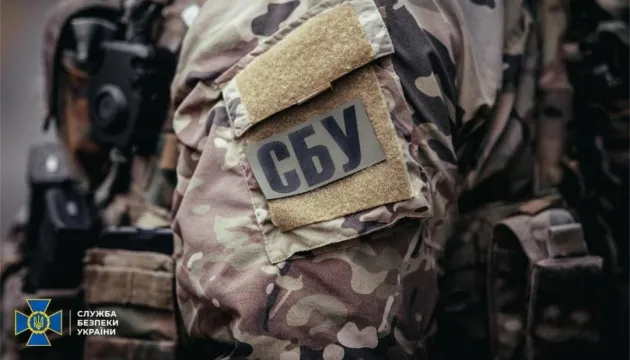
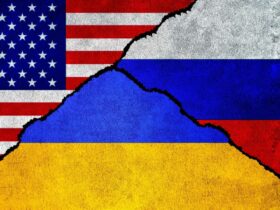
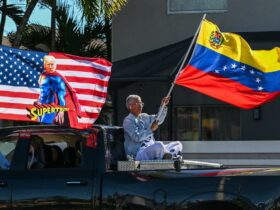
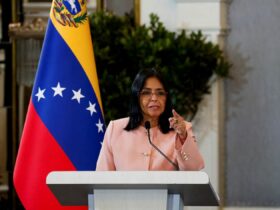

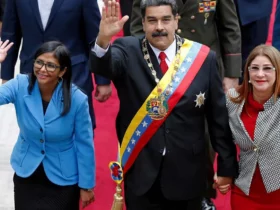
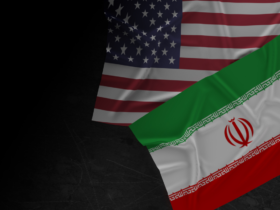
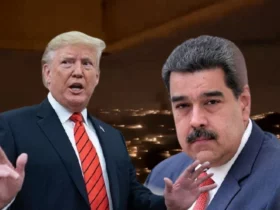

Leave a Reply